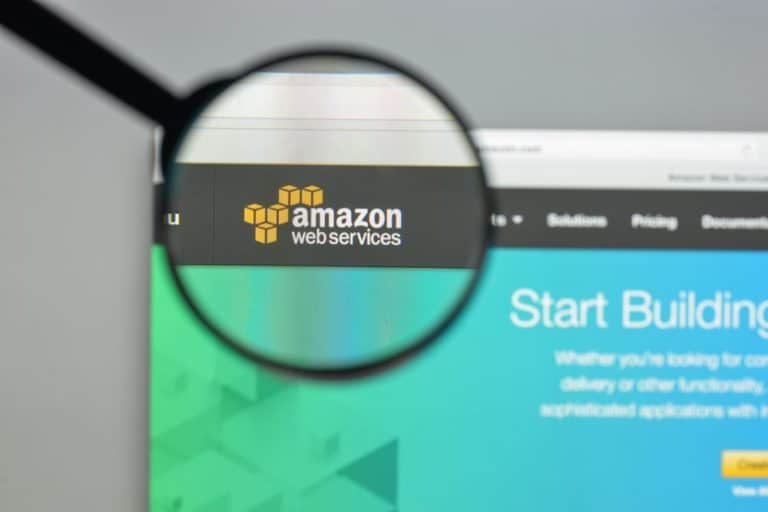Amazon Web Services (AWS) has added five new bare metal instance options to its Elastic Compute Cloud, writes TechCrunch. The new types are designed for workloads that require direct access to the processor and underlying hardware, while ensuring scalability and security.
Infrastructure as a Service usually pays for a virtual machine that is located in an environment that is rented by several people or companies. This means that a shared set of resources is used. But if a customer wants more control, they may need a system where they have control over the entire set of resources. That’s the bare metal approach.
In general, more is paid for such a service, because there is more control over the processor, storage and other resources on the own underlying server. This is therefore a part of various products that all cloud providers offer. There is a possibility for a standard virtual machine with little control over the hardware, but also for bare metal with much more control over the underlying hardware. This is something that businesses need when they move certain workloads to the cloud.
New instances
In a blog post in which the instances were announced, AWS itself says that they are intended for very specific use cases. “Bare metal instances enable EC2 customers to run applications that take advantage of deep performance analysis tools, specialized workloads that require direct access to bare metal infrastructure, legacy workloads that are not supported in virtual environments, and licensing-restricted tier 1 business critical applications.
The five new products, called m5.metal, m5d.metal, r5.metal, r5d.metal and z1d.metal, offer different resources. For example, z1d.metal is the only one that offers a maximum of 4.0 GHz for the sustained all-core turbo, while the other instances offer a maximum of 3.1 GHz. There are also differences in memory and storage.
The new instances are now available as on-demand, reserved or spot instances, depending on the requirements.
This news article was automatically translated from Dutch to give Techzine.eu a head start. All news articles after September 1, 2019 are written in native English and NOT translated. All our background stories are written in native English as well. For more information read our launch article.